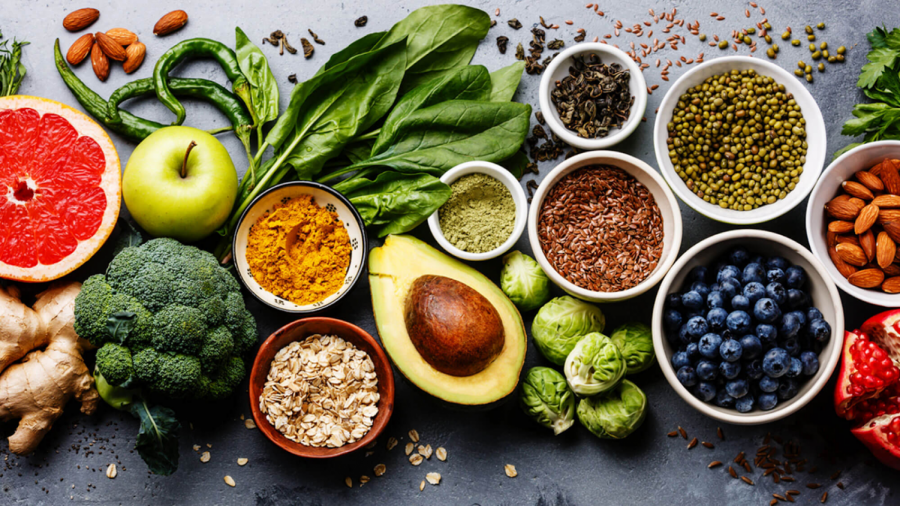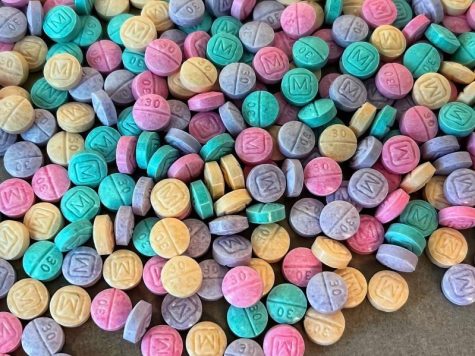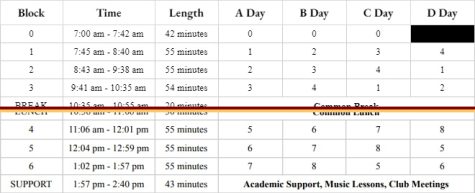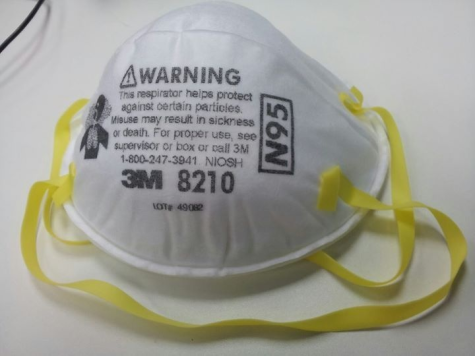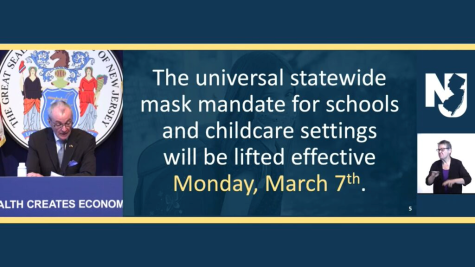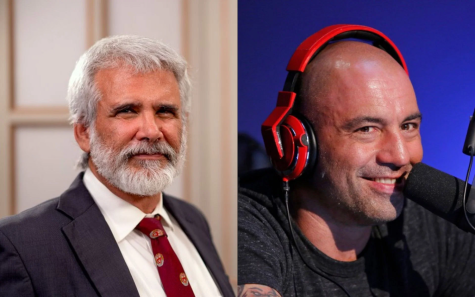Eating Habits in America
Nutrition is more important than most realize. What you eat has a direct impact on how your body will function. Adolescents, kids, and teenagers are often vulnerable to developing poor eating habits which can stick with them throughout their life.
Increased growth rates and changes in body composition during puberty make proper nutrition during adolescence so essential. Seeking more independence and acceptance from peers, as well as increased time in school and after school activities, all contribute to young peoples’ poor eating habits.
Health problems like obesity and anorexia can be prevented by eating right and there is also a correlation between coronary heart disease and certain types of cancers and eating habits. National surveys done by United States Adolescents reveal that most survey-takers fail to reach recommended daily nutrition goals. Studies done by the Journal of the American Dietetic Association reveal that a majority of adolescents intake their energy from fats or added sugars. Intakes of vitamin A, folic acid, fiber, iron, calcium, vitamin D, zinc and other minerals are highly recommended to maintain a healthy diet.
Fats and sugars can be dangerous. Saturated fats are bad because they build up LDL cholesterol in blood vessels. This can lead to heart attacks and even strokes. Industrially produced trans-fats also clog arteries and raise risk of heart attack and stroke. It is important to distinguish the different types of fats and sugars because while some are really bad for you, others are actually quite good. Monounsaturated fats and polyunsaturated fats do the exact opposite of unsaturated and trans fats, they lower inflammation and help the heart. The sugar fructose impairs the composition of blood lipids, increases levels of uric acids, and causes build ups around vital organs. These are all bad things that can cause high blood pressure and heart problems. Carbohydrates found in pasta and grains can be good for you, in moderation of course (Hopkins Medical).
Health is wealth! It is a very commonly overlooked aspect of our everyday lives but it has such a huge impact. Shedding some light on the topic will bring some attention and some knowledge where it may be needed.
